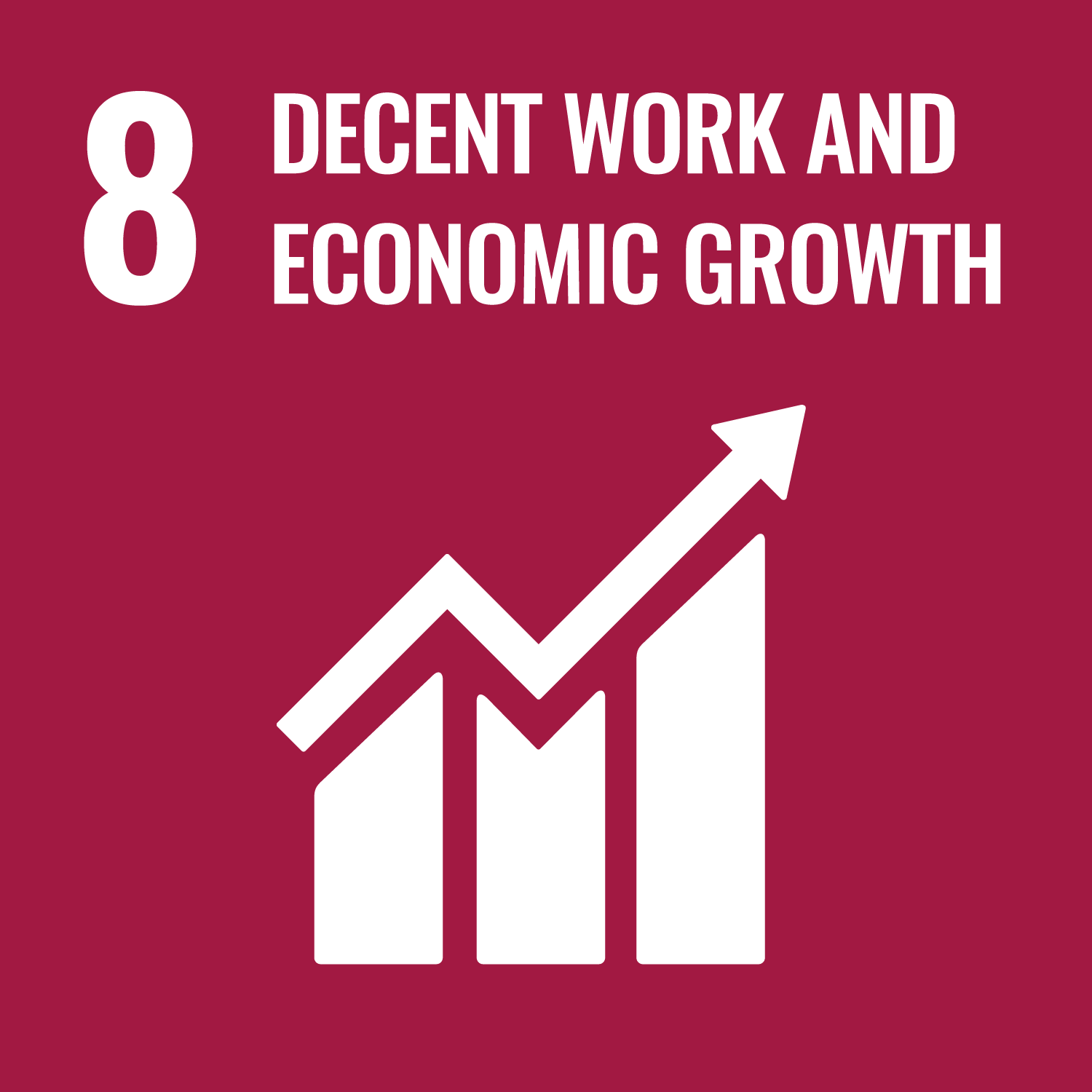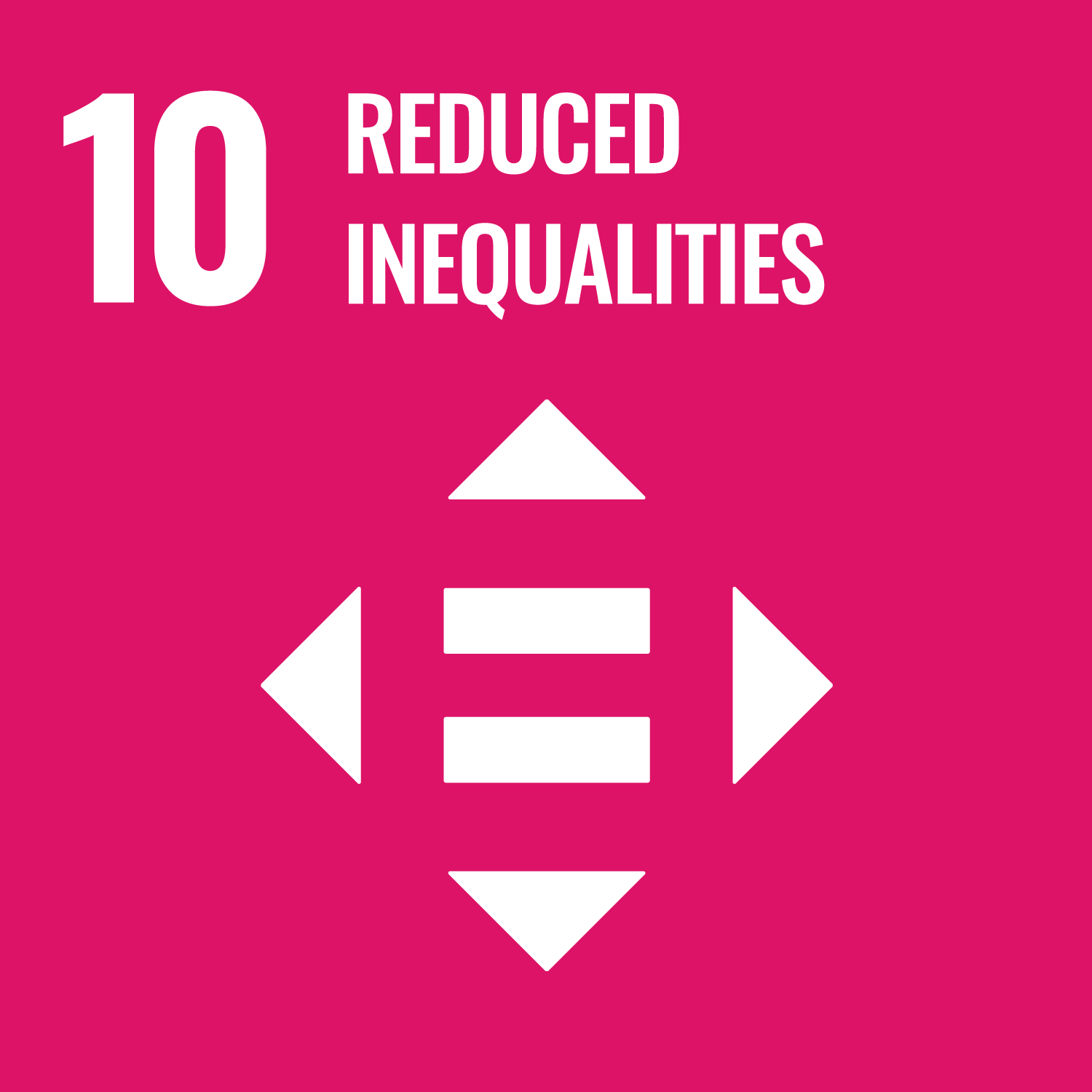In October this year, members from several departments of JICA Headquarters and its overseas offices gathered in Ho Chi Minh City, a city in southern Vietnam, and conducted a mission to cross the borders into Cambodia and Thailand by land. During our mission, my team primarily focused on the current situation and challenges related to cross-border procedures by customs and other related agencies at the Thai-Cambodian border (Mokbai Babet) and the Cambodian-Thai border (Poipet Aranyaprathet).
Through this mission, we confirmed that while certain progress has been made in the development of hard infrastructure (roads, border facilities, and others), there is room for further development of soft infrastructure, such as cross-border procedures for people and cargos, including customs and immigration, and coordination among relevant government ministries and agencies, as well as between government agencies in the two bordering countries.
In order to contribute to the achievement of the SDGs and to realize the JICA’s mission "work on human security and quality growth," JICA has announced its 20 cooperation strategies for global development issues, "JICA Global Agenda". One of JICA Global Agenda "Public Finance and Financial Systems"
is aimed to prioritize JICA’s support on customs administration in developing countries to promote trade facilitation. Also, the "Cluster Strategy," which is intended to further specify the common logic of socio-economic development process under "JICA Global Agenda," was released.
In the Cluster Strategy "Strengthening Connectivity through Customs Modernization" which examines the ideal form of trade facilitation, improve the connectivity, and its support for customs modernization, is now available to the public.
The Cluster strategy focuses on customs clearance procedures in developing countries that have challenges in ensuring fairness and efficiency, and cargo congestion at the border due to lack of coordination among customs and related government agencies in neighboring countries, and organizes sound policies to provide support according to the stage of the development of customs administrations. In addition, based on the progress of regional frameworks such as international corridor development and Free Trade Agreements (FTAs), we aim to contribute to the sound development of each country and the region by promoting the strengthening of physical, institutional, and human linkages through the "connectivity approach" .
In particular, JICA is promoting One Stop Border Post (OSBP) as one of approaches to customs assistance in Africa, by combining technical and financial cooperation to speed up cross-border procedures. The purpose of the assistance of OSBP is to streamline and harmonize cross-border procedures between neighboring countries, which normally require customs clearance and other entry/exit procedures (immigration and quarantine, for example) at two locations (the country of departure and the country of entry), and to develop border facilities that allow all cross-border procedures to be completed at a single location (One Stop). Currently, 117 OSBPs have been planned or implemented in Africa.
JICA's strength in supporting OSBP is its "tailor-made" style of assistance suited for the needs of the recipient country, whereby JICA formulate consultative committees that bring together all relevant government agencies, such as customs, police, quarantine, and immigration departments at each border, to discuss how to improve the efficiency and harmonization of cross-border procedures. Also, JICA guides the relevant agencies involved to reach an optimal solution through continuous consultations.
JICA has been supporting 15 OSBPs through this style of assistance. At the same time, based on the findings and experiences through this style of assistance, the OSBP Sourcebook
, a compilation of JICA's OSBP support modalities and methodologies, was first published by the East African Community (EAC) in 2011, and has been updated twice. It is now widely used as a "guidepost" for the introduction of OSBP in African countries, mainly by the African Union Development Agency (AUDA-NEPAD), which is primarily responsible for the development and growth of the African continent as a whole.
I myself, since I first took charge of this area of support in 2014, have mainly been in charge of supporting African and Southeast Asian countries, while discussing the development of OSBP support in Africa in particular with the customs administrations of African countries.
In 2015, JICA signed a Memorandum of Cooperation (MOC) with the World Customs Organization (hereinafter referred to as WCO) for further development of customs administrations in developing countries through joint projects between the two organizations. This has enabled JICA to develop support by strengthening the cooperation among JICA, WCO and the officials of Japan customs with whom we have worked closely for a long time. Since then, JICA and WCO has conducted the Master Trainer Program for 21 African and 6 Pacific-Oceanian countries, which aims to develop “Master” (mentor) of instructors in charge of human resource development at customs administration in each country, and has been highly appreciated for its contribution to the modernization of customs in each country.
I believe that JICA’s strength lies in its ability to flexibly combine various expertise, assistance schemes, knowledge, and experience, and to think and act together with countries and regions on how to overcome their challenges and support their further development in line with their circumstances.
During the mission on crossing the border between Vietnam, Cambodia, and Thailand that I mentioned at the beginning of this blog, mission members from multiple departments and overseas offices were able to have extensive knee-to-knee discussions about the ideal picture of JICA’s assistance based on their broad backgrounds, knowledge, and experience.
We are now preparing to launch a technical cooperation project to strengthen connectivity in the Mekong region. We have also received many requests for customs assistance from Japan in other regions, and we would like to promote support for strengthening connectivity throughout the world.












scroll